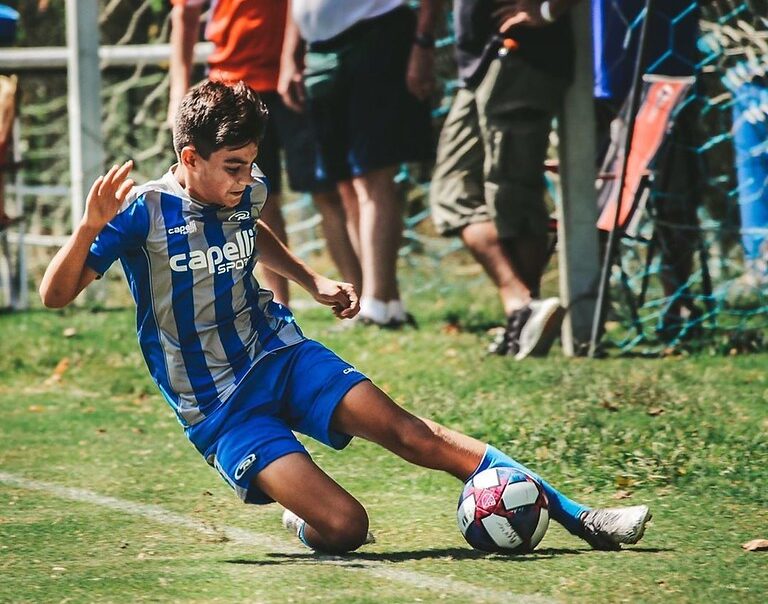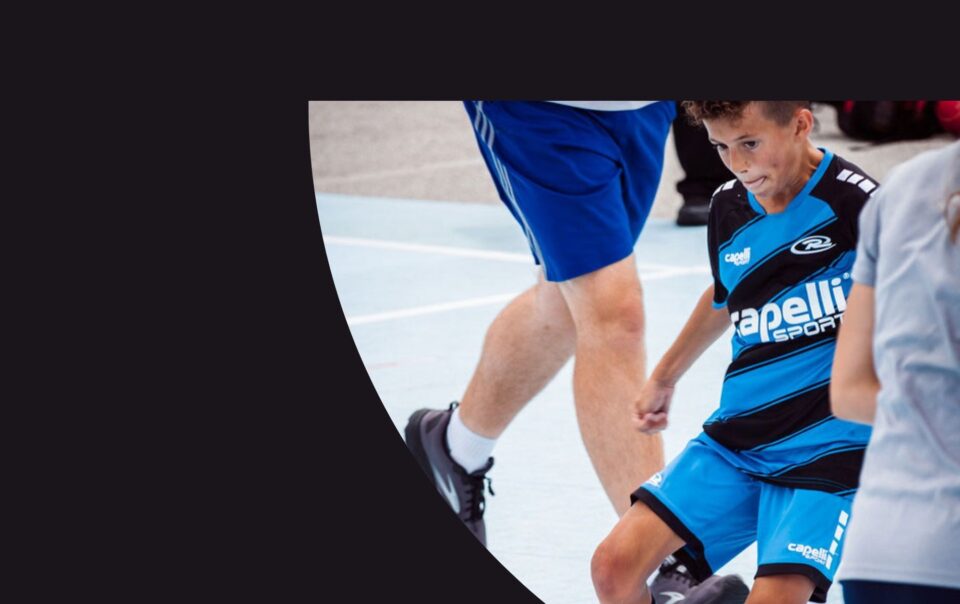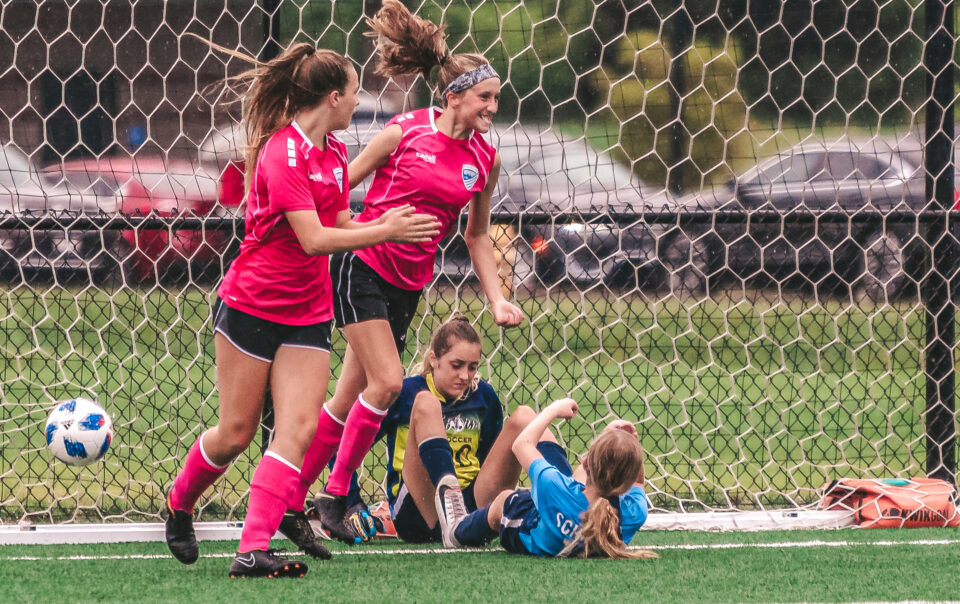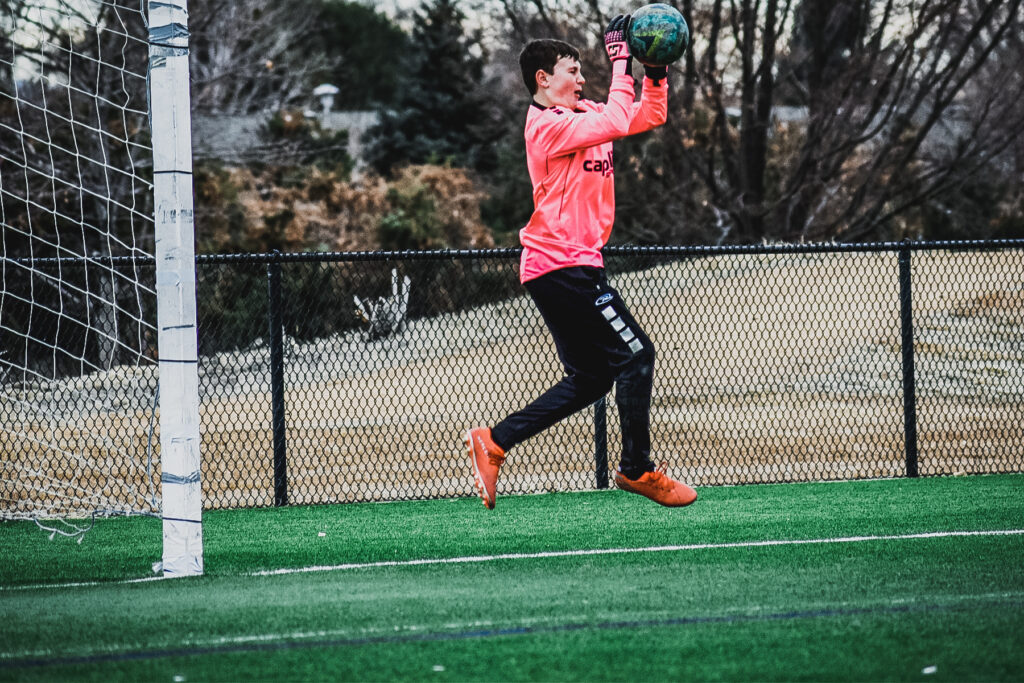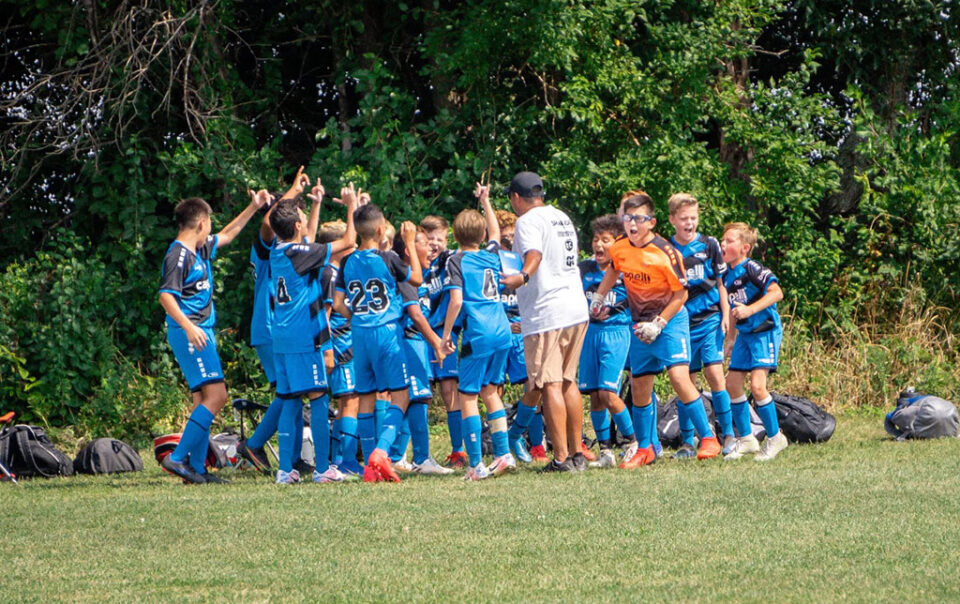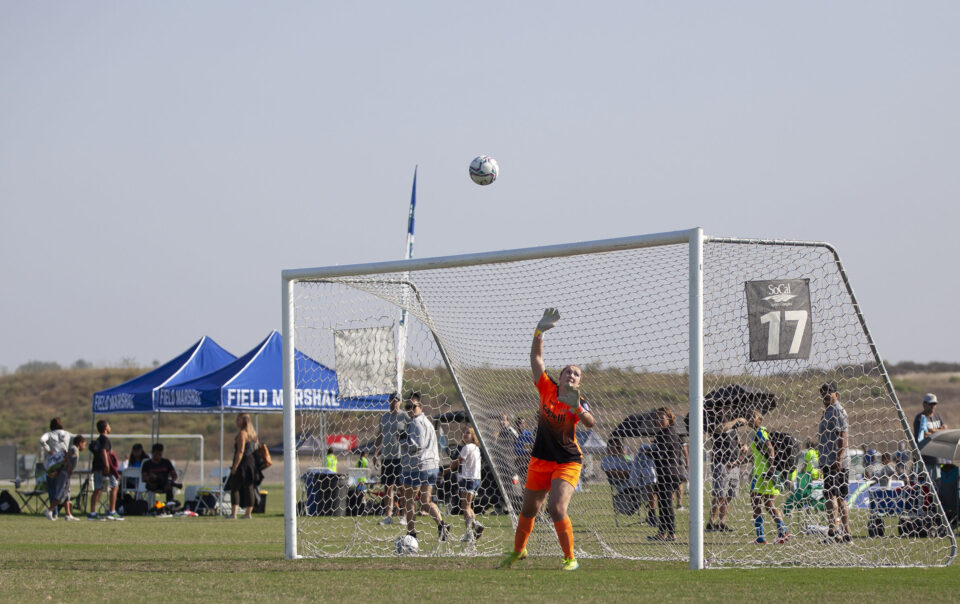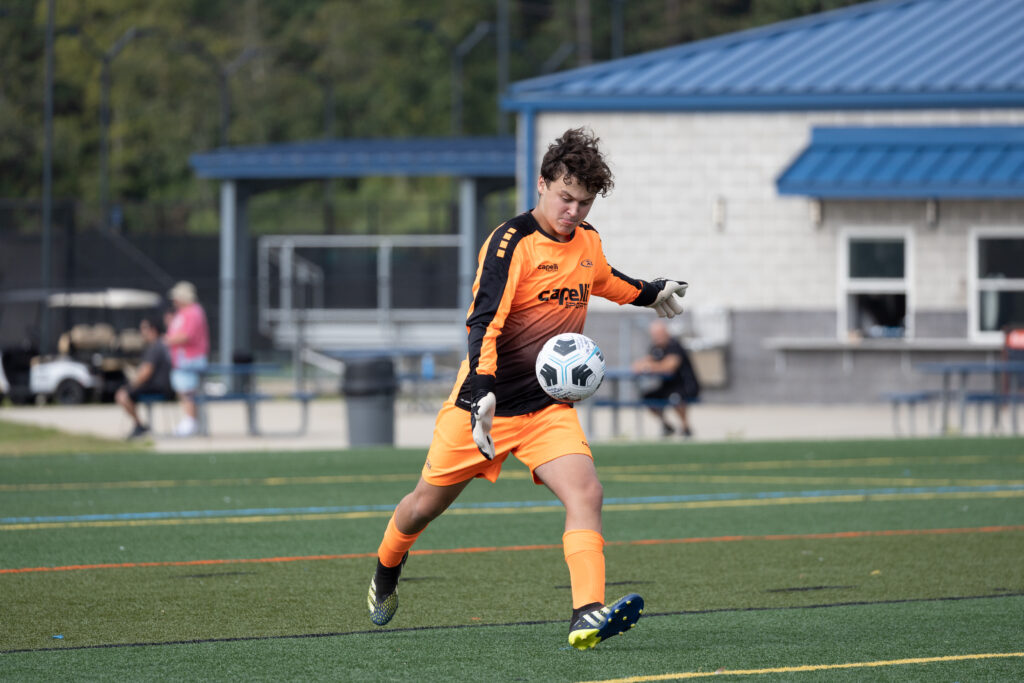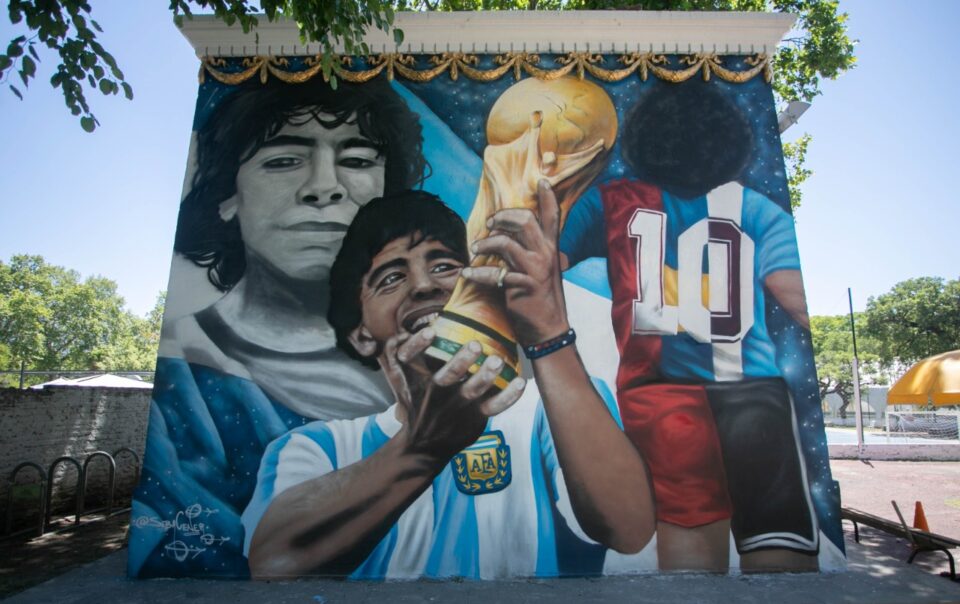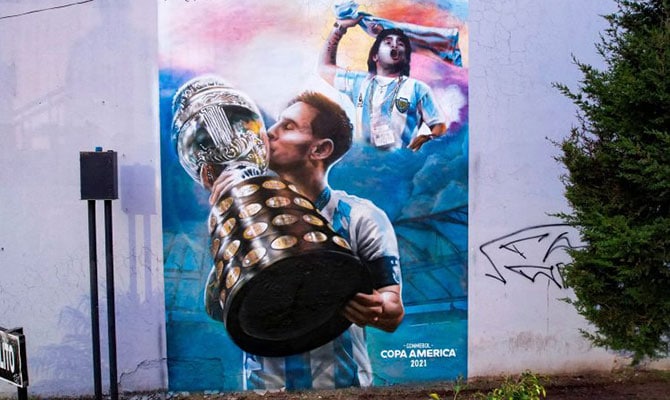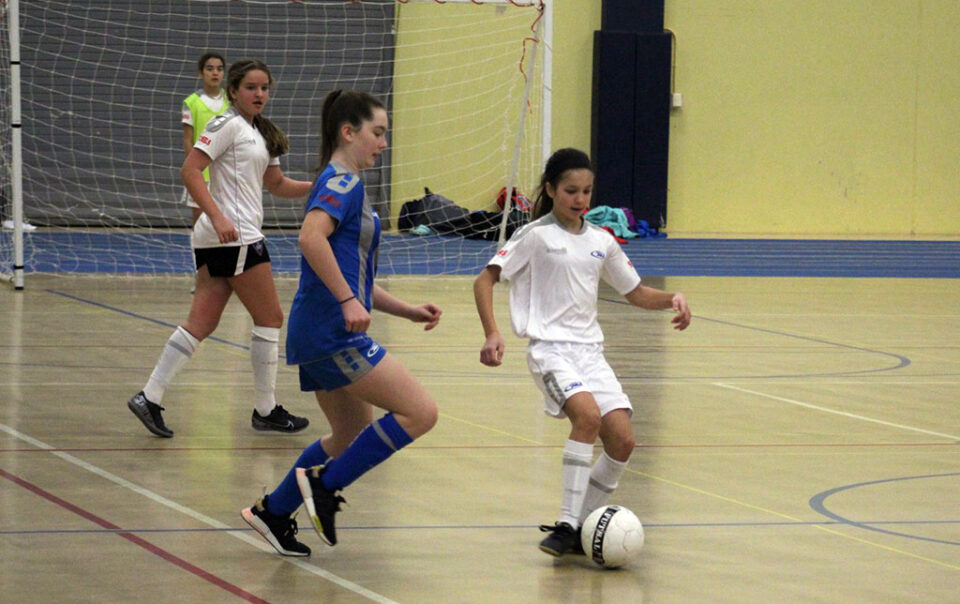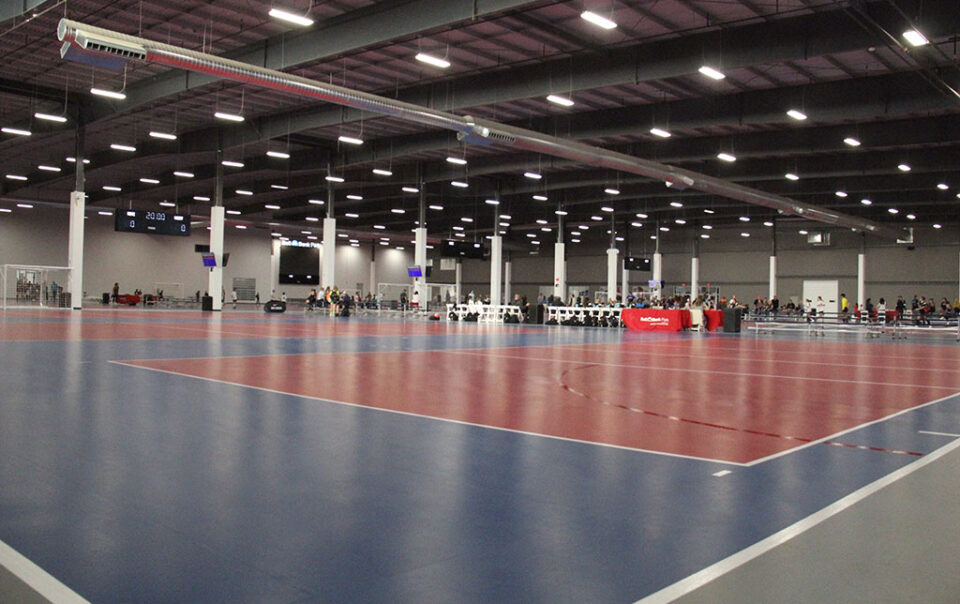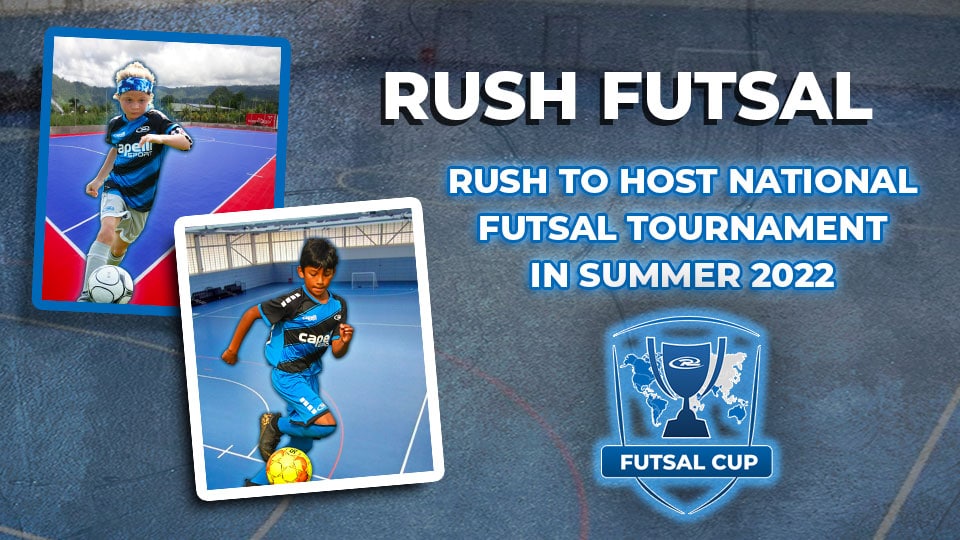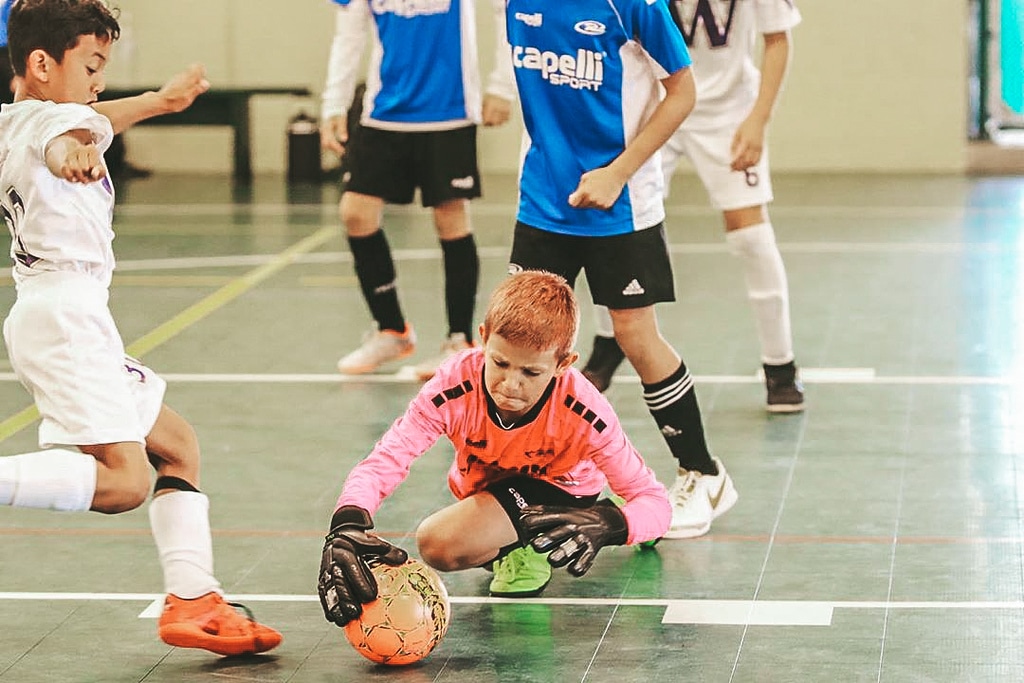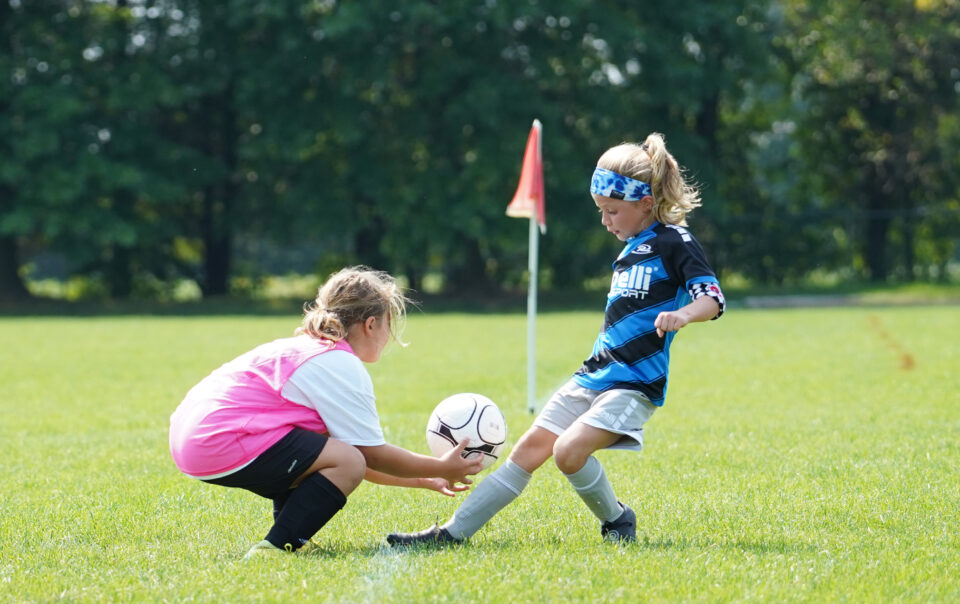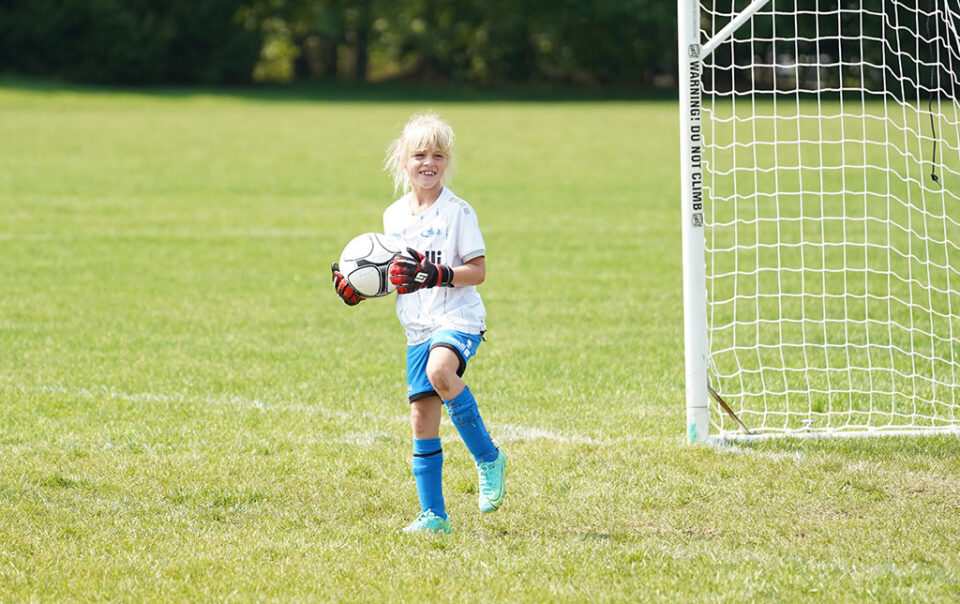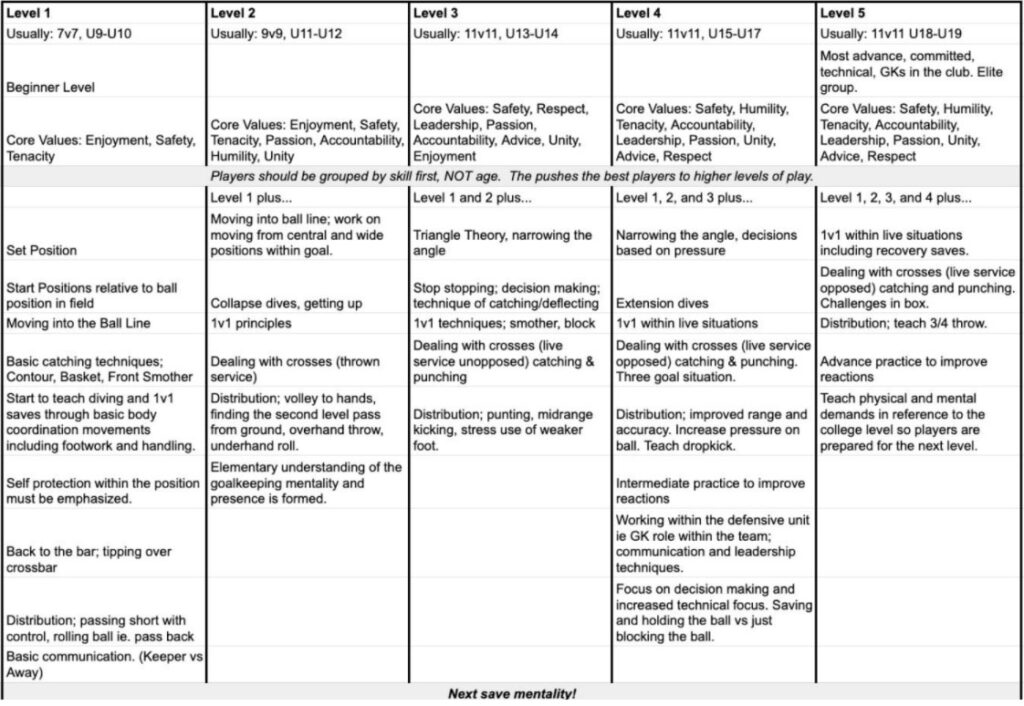This article was written by Pablo Toledo, Rush Soccer’s Sporting Project Director.
Over the years I’ve seen two sorts of tryouts. The first one had a battery of irrelevant training activities and the second one was the ‘let’s split up and play because ultimately I want to see what you’re capable of doing in the real game’.
I’m personally quite against the first one and until a few years ago, to be fairly honest, I would have been a strong supporter of the second type, but now I’ve realized that there is a third option that actually works best, but first things first, it is worth mentioning that a common mistake in tryouts is that we observe but we don’t know what we are looking for. This needs to be put in context. Which is the developmental stage we are looking at? Everything you need to consider, in that sense, is straightforwardly expressed in Rush’s Development Blueprint.
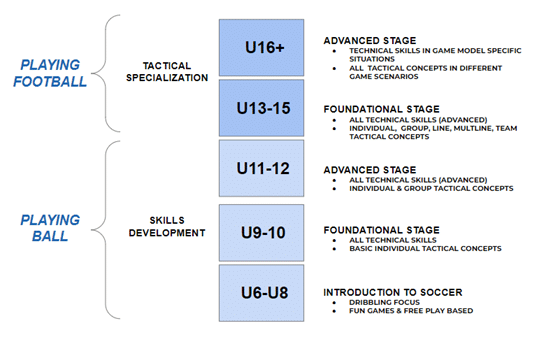
Now let’s imagine that I’m running tryouts for a U9-12 segment. What am I looking for? Skill. Do I actually care too much about the tactical understanding of the player? Not really, if it’s there I’ll think that is great, but it is not a priority to me. In other words, I would way rather find a tactically deficient U11 that has great skills than the opposite.
Then, if I want to assess skills, I’ll definitely need to play a real 7v7 or 9v9 game and observe that, as there is only one fully realistic situation that is the game itself, but that doesn’t mean I can’t use other activities in brief intervals to ‘get a quick glance’ at more specific areas, so in this case and to over simplify the approach, I would want to know as soon as I can who’s good at Dribbling, Passing, Receiving, Shooting, Heading (if possible, second priority), and 1v1 Defending. How can I accomplish that? Simply running some short activities and finishing with a scrimmage. Here’s an example of a tryouts session I’ll be running.
Bantam Division: 2-3 Touches 3v3 + 2 Neutrals Keep Away
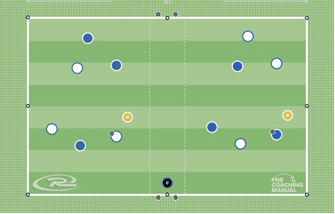
In 30 x 20 fields play 3v3 + 2 Neutrals keep aways in 2-3 touches max (adjust depending on the level of the players: the less touches, the more complicated). Teams can score by completing 10 passes.
This simple keep away, played for 15 minutes, might be all you need to quickly perceive who’s good at Passing y Receiving. Plus, you might get to recognize who has a basic understanding already of utilizing space.
Bantam Division: Finishing 1v0, 1v1, 2v1
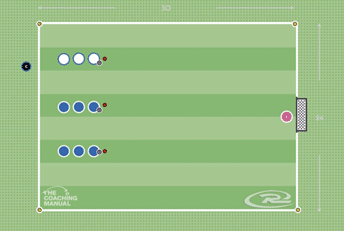
This is another extremely simple activity you can run for 15 minutes. These repetitions of 1v0, 1v1, and 2v1 situations will quickly allow you to get an idea about who is good at Definición., Regatey Defender 1v1. Place three parallel cones close to the center circle and line players up in three teams, having the first line in one color and the other two in a different one. This is a finishing activity in double roles.
The first line starts by going to goal 1v0 (you can add a condition or a line to have them shoot from outside the box, for example). As soon as that player shoots, he turns around to become a defender. Then, the player in the second line goes 1v1 against this defender. Once he/she finishes, the second player becomes a supporting attacker for the player in the third line, and the first player continues to defend one more ball.
Bantam Division: Attacking – 4v4 + GK’s Scrimmage (Or 7v7 or 9v9)
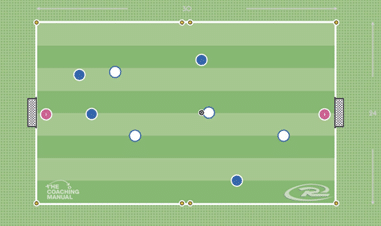
Now that you have a base idea of the skills you are looking for, make them play a scrimmage and try to check if your initial observations were accurate. If you followed the session so far, you’ll probably have 45 minutes to play so you can always use simple conditions to create more repetitions of the skill you are trying to ‘double check’.
Example:
- You need five passes to score or teams can also score goals by making 5-10 passes (Passing & Receiving)
- Everybody plays man to man marks for 5 minutes (Can help observing defending behaviors, dribbling, and receiving)
- Teams need to shoot to goal every 10 seconds max (Finishing).
- You need to dribble at least one opponent to be allowed to score (Dribbling).
These are just some of the many conditions you could use.
Tip for observing: Do it alone during the session. Don’t assess players with another coach, in fact try to stay away and not observe one another, so your analysis remains objective and is not influenced by someone else’s thoughts. After the session, get together and discuss what you’ve seen.
Hope this helps, Coach! Good luck on tryouts! Go Rush!


